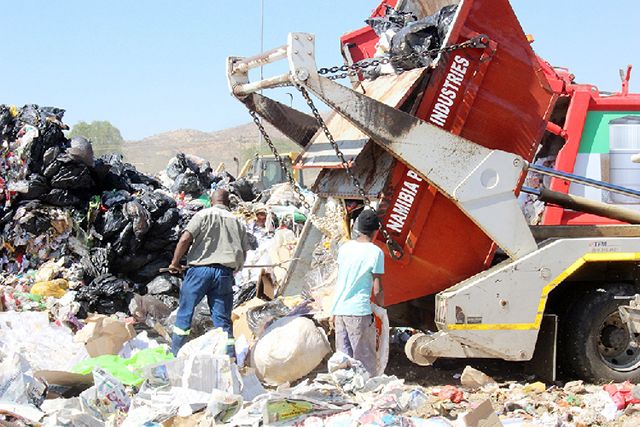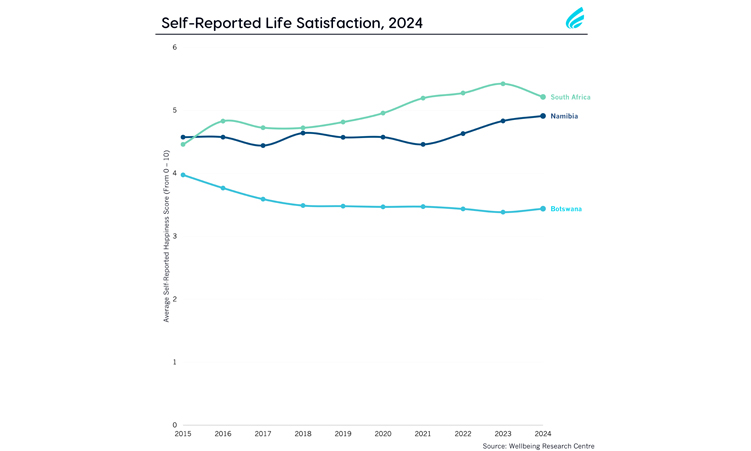NEW DELHI -The quest to develop a vaginal gel to prevent HIV infection took a step forward on Monday when researchers announced that one such gel is safe for women to use on a daily basis.
The announcement comes a week after researchers announced that the first prototype to complete advanced clinical trials was ineffective in preventing infection. Microbicides are one of the most eagerly-sought avenues in the war on AIDS, where at present there is neither a cure nor a vaccine and prevention depends on the condom or abstinence.Scientists are grappling for a means by which women, who are physically more at risk from AIDS infection than men, can protect themselves without having to rely on male consent to wear a condom.A number of different gels are currently being tested around the world but none have been proven to be effective and some have even increased the risk of contracting HIV.This latest attempt by researchers in the United States and India is still in the early stages.Researchers asked 200 sexually-active, HIV-negative women in New York and Pune, India to apply the gel either daily or before intercourse for a period of six months.They were also asked to use condoms in addition to the gel.The researchers found no disruption of liver, blood or kidney function and found a significant willingness among the women to follow the treatment guidelines.More than 90 per cent of the women said they would serious consider using the gel if it were approved to help prevent HIV infection and more than 80 per cent had followed the experimental regime.”Based on what we have learned we can proceed with greater confidence on a path that will answer whether tenofovir gel and other gels with HIV-specific compounds will be able to prevent sexual transmission of HIV in women when other approaches have failed to do so,” said lead investigator Sharon Hillier, director of reproductive infectious diseases at the University of Pittsburg School of Medicine.The findings were presented on Monday at an international microbicides meeting in New Delhi.An estimated 33,2 million people, in a range from 30,6 to 36,1 million, are living with AIDS or the human immunodeficiency virus (HIV) that causes it, the specialised UN agency Unaids says.- Nampa-AFPMicrobicides are one of the most eagerly-sought avenues in the war on AIDS, where at present there is neither a cure nor a vaccine and prevention depends on the condom or abstinence.Scientists are grappling for a means by which women, who are physically more at risk from AIDS infection than men, can protect themselves without having to rely on male consent to wear a condom.A number of different gels are currently being tested around the world but none have been proven to be effective and some have even increased the risk of contracting HIV.This latest attempt by researchers in the United States and India is still in the early stages.Researchers asked 200 sexually-active, HIV-negative women in New York and Pune, India to apply the gel either daily or before intercourse for a period of six months.They were also asked to use condoms in addition to the gel.The researchers found no disruption of liver, blood or kidney function and found a significant willingness among the women to follow the treatment guidelines.More than 90 per cent of the women said they would serious consider using the gel if it were approved to help prevent HIV infection and more than 80 per cent had followed the experimental regime.”Based on what we have learned we can proceed with greater confidence on a path that will answer whether tenofovir gel and other gels with HIV-specific compounds will be able to prevent sexual transmission of HIV in women when other approaches have failed to do so,” said lead investigator Sharon Hillier, director of reproductive infectious diseases at the University of Pittsburg School of Medicine.The findings were presented on Monday at an international microbicides meeting in New Delhi.An estimated 33,2 million people, in a range from 30,6 to 36,1 million, are living with AIDS or the human immunodeficiency virus (HIV) that causes it, the specialised UN agency Unaids says.- Nampa-AFP
Stay informed with The Namibian – your source for credible journalism. Get in-depth reporting and opinions for
only N$85 a month. Invest in journalism, invest in democracy –
Subscribe Now!










